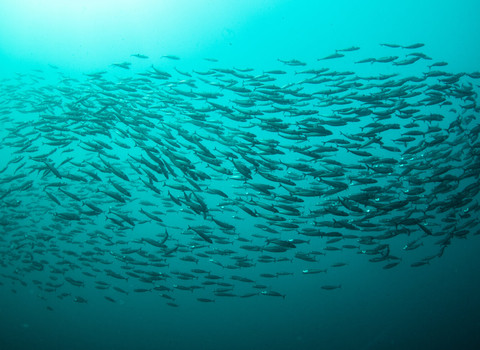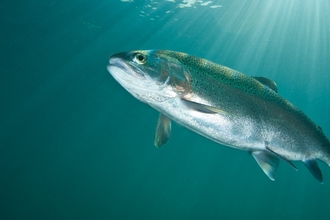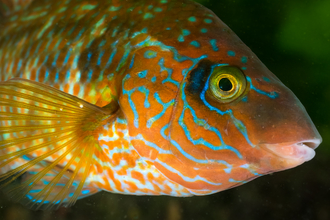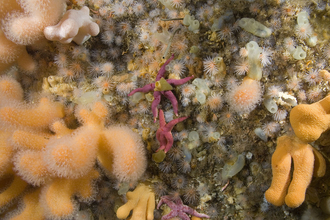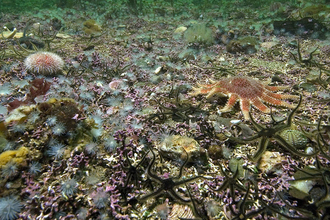Decades of over-exploitation have left our seas damaged and degraded. But it's not too late to save them.
What are the issues facing our seas?
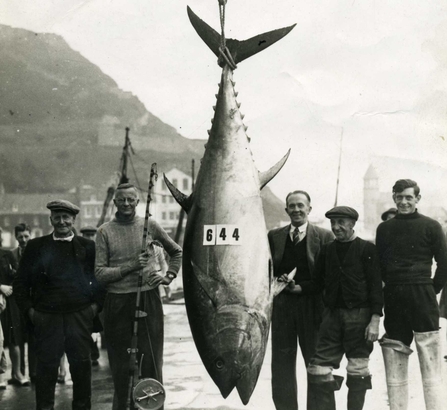
Bluefin tuna, Scarborough, 1949 - Phil Burton
Around half the UK's wildlife lives in the sea - from microscopic plankton to mighty whales. Yet we're seeing plastic-strewn beaches, fisheries on the verge of collapse, unsustainable infrastructure development and the ever-growing effects of global climate change.
The sea provides us with so many things - from the fish we eat, to regulating our climate to the air we that we breathe - but we are jeopardising all of this by altering the balance of our seas.
But it's not too late. We need better protection and management of our seas, to help wildlife to recover, benefitting both people and wildlife.
Read more about the remaining challenges for our seas
Five main challenges remain:
- Protected areas: There are not enough protected wild places at sea. Marine Protected Areas need to protect the whole range of wildlife in our seas.
- Fishing: Some fish stocks have begun to recover after the reform of the Common Fisheries Policy. But there are still significant discard issues.
- Lack of planning: Fishing, oil rigs, wind farms and gravel extraction from the seabed harm fragile seabed habitats and the wildlife that lives in them. We need better planning to make sure there's space for wildlife to recover and clear rules for industries.
- Severe pollution: Pollution from sewage, farming chemicals, plastic litter, abandoned fishing nets and noise pollution from new developments at sea are killing wildlife and affecting human health.
- Human behaviour: Solving these problems depends on people understanding and accepting the need for change.
What needs to happen to protect our seas?
We need to see:
- Properly managed Marine Protected Areas (MPAs), with no destructive fishing and damaging activities allowed within the whole site.
- Protection for areas of ocean with a high potential to store/capture carbon.
- A Marine Spatial Plan that balances competing demands at sea in a strategic, scientific, and sustainable manner.
- The health of our seas by achieving Good Environmental Status.

